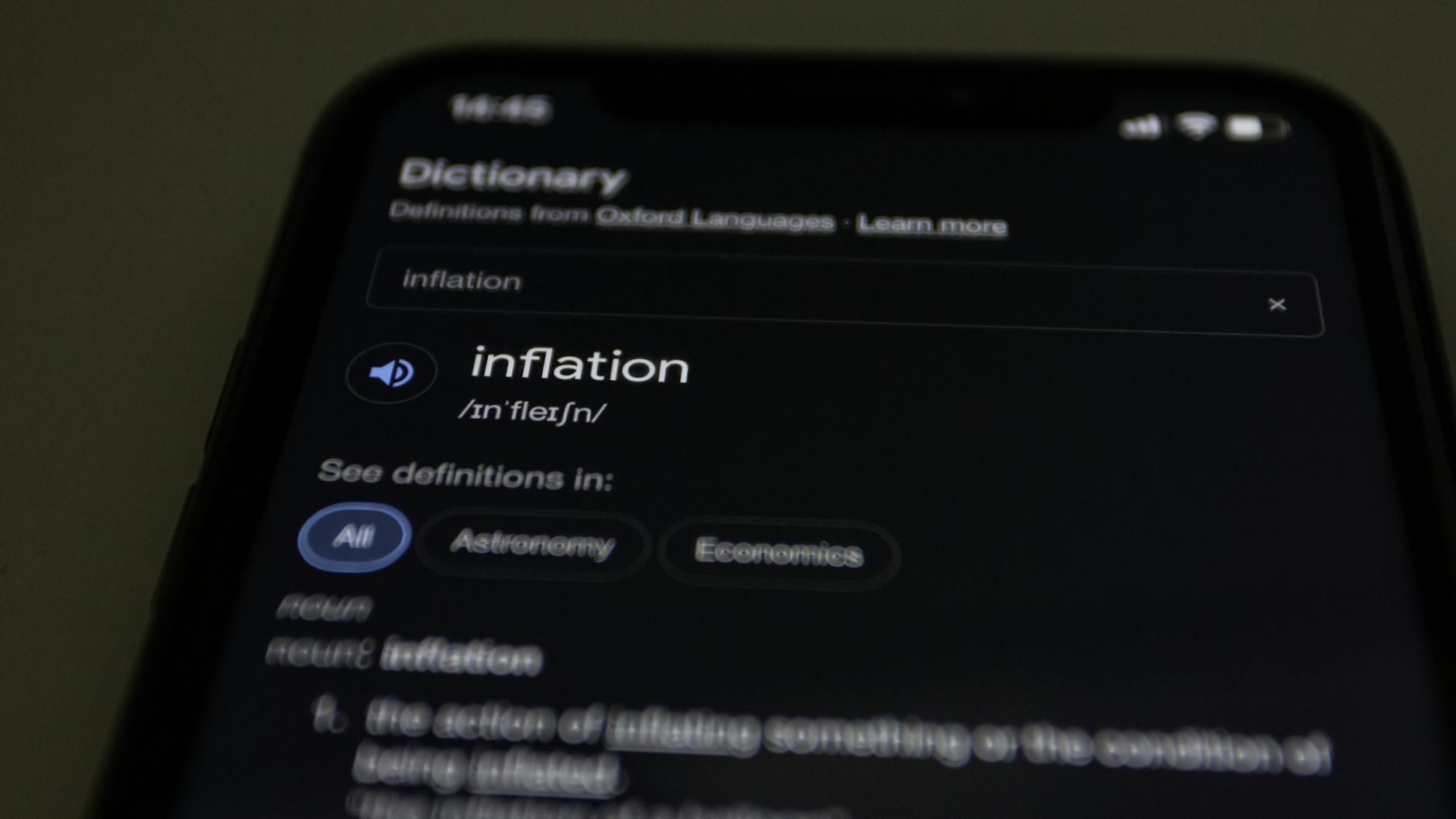Inflation is one of those economic terms that often gets tossed around without much explanation. But what does it actually mean? Simply put, inflation refers to the general increase in prices over time. This means that what you could buy for a dollar a decade ago might cost you a dollar twenty today. Understanding inflation can help you make better financial decisions and keep up with economic changes.

Photo by Bastian Riccardi
How is Inflation Measured?
Inflation isn't just a wild guess; it's measured through various indices, the most common being the Consumer Price Index (CPI). The CPI tracks the prices of a basket of goods and services, which include everything from groceries to gas. Changes in this index show how much prices have increased or decreased over time.
Another important measure is the Producer Price Index (PPI), which looks at prices from the perspective of the seller, covering what producers receive for their goods and services. When you hear reports about inflation rates, these indices often provide the backbone of the data.
Causes of Inflation
Understanding what drives inflation can be a little complex, but it's vital. Here are the main factors that contribute to inflation:
Demand-Pull Inflation
This happens when demand for goods and services exceeds supply. When people have more money and want to buy more, businesses raise prices because they know they can. Think of it like a popular concert—if tickets are limited but demand is high, prices go up.
Cost-Push Inflation
On the flip side, cost-push inflation occurs when production costs rise. When raw materials become more expensive or wages increase, businesses often pass those costs onto consumers through higher prices. Imagine a bakery facing increased flour prices; they might raise the price of bread to cover those costs.
Built-In Inflation
Sometimes, wages and prices affect each other in a cycle called built-in inflation. If workers demand higher pay to keep up with rising prices, businesses might raise their prices to cover those new wages. It can feel like a never-ending loop.
Effects of Inflation on Purchasing Power
One of the most significant impacts of inflation is on purchasing power. As prices rise, your dollar doesn't stretch as far. For example, if inflation is 3% per year and your salary only increases by 2%, you're effectively losing money because your earnings aren’t keeping up with price hikes.
Saving vs. Investing
Inflation can create a dilemma for savers. Keeping your money in a bank account might seem safe, but with inflation, your savings could lose value over time. Instead, considering investments that typically outpace inflation, like stocks or real estate, can help protect your purchasing power.
How Government Policy Influences Inflation
Governments and central banks play a huge role in shaping inflation through fiscal and monetary policies. Let's break it down:
Interest Rates
Central banks, like the Federal Reserve in the U.S., can influence inflation by adjusting interest rates. Lower interest rates make borrowing cheaper, encouraging spending but also potentially leading to higher inflation. Conversely, raising interest rates can help control inflation but may slow down economic growth.
Fiscal Policy
Government spending and tax policies also affect inflation. When a government spends heavily, it can boost demand across the economy, possibly leading to inflation. On the other hand, cutting back on spending may help curb rising prices but could also lead to higher unemployment.
Inflation in Today's Economy
Inflation rates can fluctuate based on various factors, including global economic conditions, supply chain issues, and consumer behavior. In 2023 and beyond, many economists predict varying inflation rates as economies recover from the impacts of the pandemic and geopolitical tensions.
Recent projections suggest that inflation is expected to stabilize in the coming years, helping consumers regain some purchasing power. However, important variables—like energy prices and wage growth—will always play a crucial role in this balance.
For instance, according to recent reports, some analysts predict inflation might settle around 2-3% by 2025. This could lead to a more predictable economic environment where both businesses and consumers can plan better.
Conclusion
Inflation affects everyone, from everyday shoppers to large corporations. Understanding what inflation is, its causes, and its implications can help you navigate financial decisions more effectively. As inflation rates fluctuate, staying informed and proactive can ensure you're prepared for whatever economic changes lie ahead.
Being aware of how inflation operates and its potential future trends allows you to adapt your financial strategies, whether through saving, investing, or simply being cautious about spending. After all, knowledge is power, especially when it comes to your finances!
